Naomi
My mother was diagnosed in August 2007 with Frontotemporal dementia at 54. Because she was so “young,” even medical professionals didn’t consider dementia a potential diagnosis.
I was 22 at the time. For the past 11 years, my mother and I have been navigating this disease and its symptoms, together. There have been bends and turns, peaks and valleys, and a plateau; the road has been long and fraught with surprises. Through it all, I have always held myself to account to be the strong one. But after receiving some bad news this year, I reached out to my mother for support. And she reached back. It wasn’t necessarily about the exchange of words, but rather sharing space, a moment in time, where the fog cleared, and our unspoken bond was evident and comforting.
I was the daughter, and she was my mother. There will be good and bad days, but there will also be moments of brilliance when you can feel, whole. But you can’t wait for those days though, because you never know when they may come. That is why I decided to share my story. I gain some semblance of control, and turn a difficult situation, into a tale of resilience.
I hope that by having open and frank discussions, it will increase awareness of the disease, need for prevention, better treatment and an eventual cure.
Media
April 4, 2018: National Carers Day 2018: Naomi’s five keys to caregiving (Alzheimer Society Blog)
Comments
We may use your information in order to track your relationship with us and our site(s). We do NOT share your information with third parties.
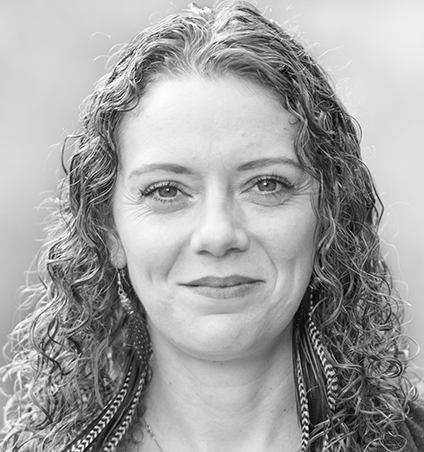
HERE ARE MY TIPS TO HELP YOU UNDERSTAND:
- This disease doesn’t only impact “old people.” My mother was diagnosed at 54. There is no age limit. It can happen to anyone. The key is to be aware. It is important to inform yourself of the symptoms, be honest if you are experiencing them and seek a professional opinion.
- Self-Care… To be a good caregiver, you must first care for yourself. Engage in meaningful activities that bring you joy and cultivate peace. Be part of the solution. Use your voice to help raise awareness, end stigma, and advocate for more Alzheimer’s support and research.
- Prevention is the best medicine. There is no cure for Alzheimer’s and other dementias, but there is strong evidence to indicate that eating a healthy diet, engaging in physical and mental activities and building a social network can improve quality of life and longevity.
-
More Stories
-
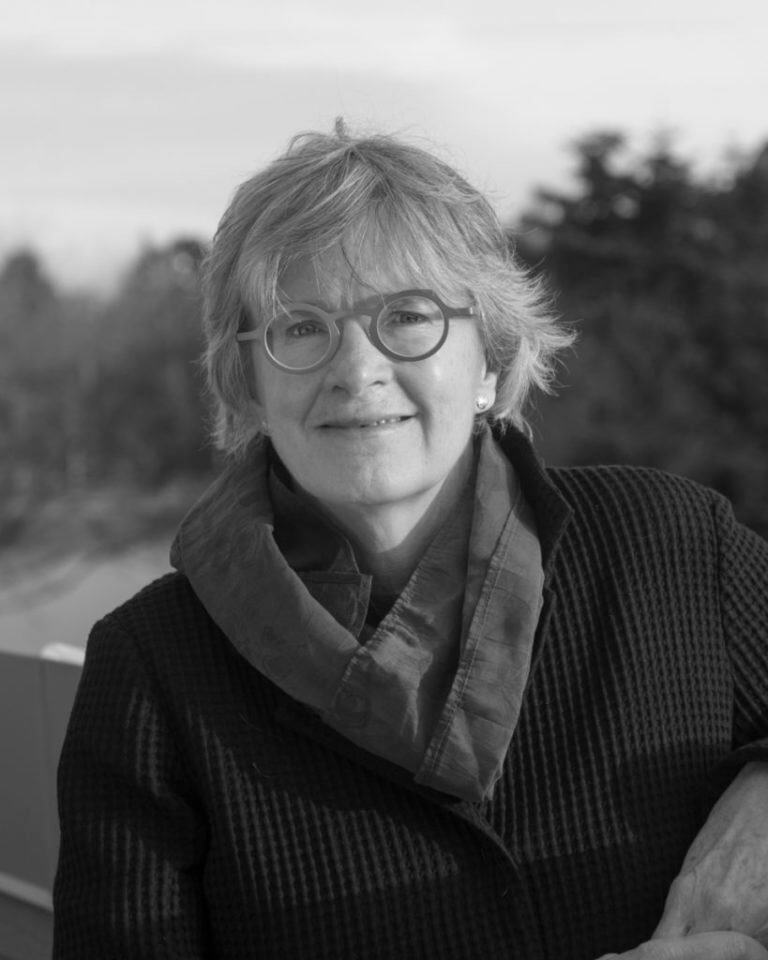
Cindy
2018
British Columbia
-
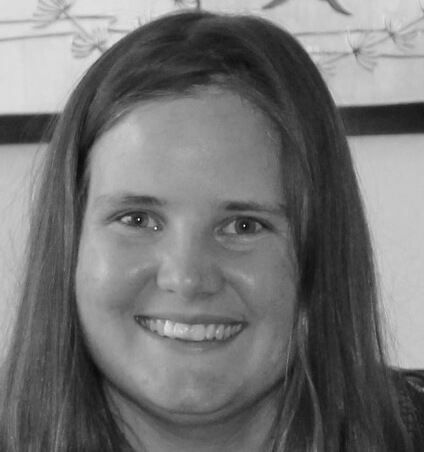
Hollis
2018
British Columbia
-
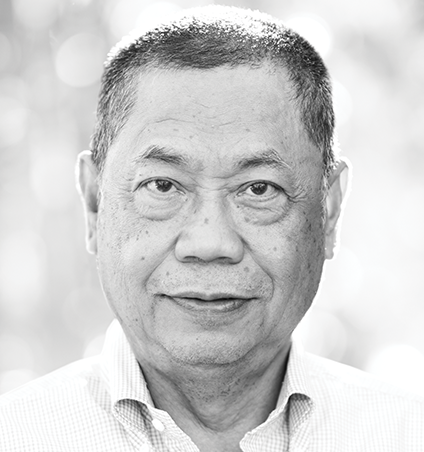
Mario
2018
British Columbia
-
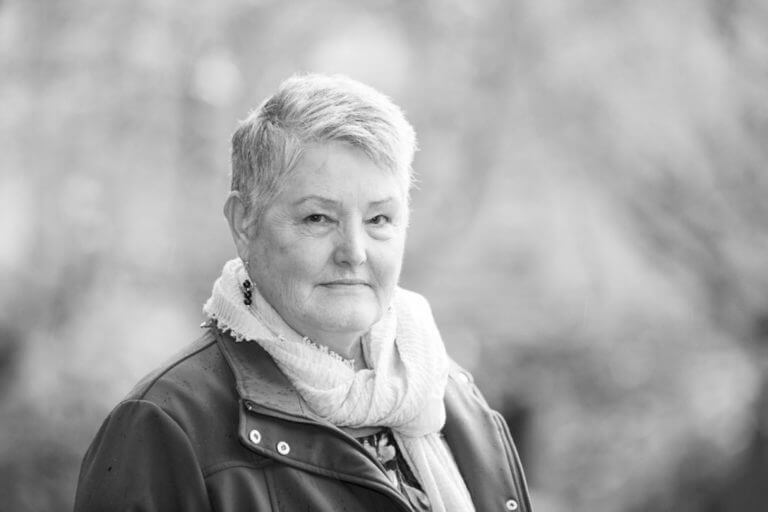
Myrna
2018
British Columbia

Showing Vulnerability to Build Awareness - Discuss Dementia 264 days ago
[…] Read my story. […]
ALZHEIMER’S AWARENESS MONTH: STIGMA AND THE NEED FOR UNDERSTANDING. – My Site 940 days ago
[…] Naomi, Mario, and Mary Beth allowed us into their lives by sharing their experiences and representing the […]